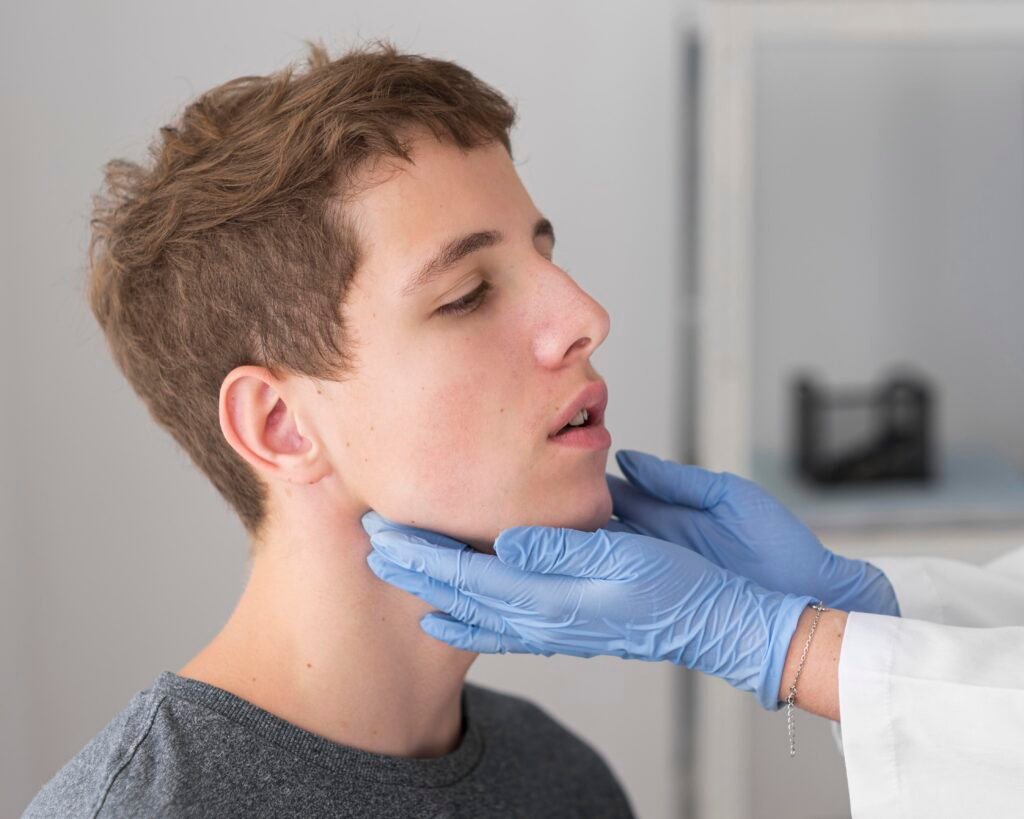Transforming lives through facial harmony.
Transforming lives through facial harmony.
7 Days
1-2 Hours
15-30 Days
15 Days
An expert team of doctors and medical consultants of Vaenos Health are ready to evaluate your case in accordance with your medical background and expectations ASAP.
Have you ever struggled with difficulty chewing, chronic jaw pain, or felt self-conscious about your facial profile? For some individuals, these issues go beyond simple dental concerns and may require a more comprehensive solution: jaw surgery. Also known as orthognathic surgery, this procedure can dramatically improve both function and aesthetics, transforming not just smiles, but lives.
Jaw surgery is a complex procedure that involves repositioning the upper jaw (maxilla), lower jaw (mandible), or both, to correct a wide range of skeletal and dental irregularities. While it might sound daunting, for many patients, it’s a life-changing procedure that addresses issues that braces alone can’t fix.
So, who might need jaw surgery? Common reasons include:
The journey to jaw surgery typically begins with a thorough evaluation by an oral and maxillofacial surgeon, often in collaboration with an orthodontist. This team approach ensures comprehensive care tailored to your specific needs. Advanced imaging techniques, including 3D scans, are used to plan the surgery with precision.
Most patients require orthodontic treatment before and after surgery to ensure optimal tooth alignment. This pre-surgical orthodontics usually takes 12-18 months, during which your teeth are moved into positions that will align properly when your jaws are surgically repositioned.
The surgery itself is performed under general anesthesia and typically takes several hours, depending on the complexity of the case. Incisions are usually made inside the mouth to minimize visible scarring. The jawbones are carefully cut and repositioned, then secured with small plates and screws that eventually become integrated with the bone.
Recovery from jaw surgery is a gradual process. Most patients spend 1-2 nights in the hospital and can return to work or school within 2-3 weeks. However, full healing can take up to a year. During the initial recovery period, a liquid or soft food diet is necessary, and you’ll need to follow specific care instructions to ensure proper healing.
While the recovery might seem challenging, the results of jaw surgery can be truly transformative. Patients often report significant improvements in:
It’s important to note that jaw surgery is a major procedure and the decision to undergo it should not be taken lightly. However, for those who need it, the benefits often far outweigh the temporary discomfort of surgery and recovery.
One of the most rewarding aspects of jaw surgery is its potential to boost self-esteem. Many patients who have lived with facial imbalances or functional difficulties find a new sense of confidence after their surgery. They often report feeling more comfortable in social situations and even pursuing opportunities they might have shied away from before.
Moreover, the functional improvements can have far-reaching effects on overall health. Correcting sleep apnea can lead to better sleep quality, increased energy, and reduced risk of associated health problems. Improved chewing ability can lead to better nutrition and digestion.
Advancements in surgical techniques and technology have made jaw surgery safer and more precise than ever before. Computer-aided surgical planning allows surgeons to virtually perform the procedure before ever entering the operating room, ensuring the best possible outcomes.
It’s worth mentioning that while jaw surgery can correct many skeletal and dental irregularities, it’s not always the first line of treatment. In some cases, orthodontic treatment alone or in combination with other less invasive procedures might be sufficient. Your oral and maxillofacial surgeon and orthodontist will work together to determine the best treatment plan for your specific case.
If you’re considering jaw surgery, it’s crucial to choose an experienced surgeon and to have realistic expectations about the results and recovery process. Don’t hesitate to ask questions and express any concerns you might have during your consultations.
Remember, your smile and your ability to eat, speak, and breathe comfortably are integral to your quality of life. If you’re struggling with jaw-related issues that affect your daily life, don’t let fear or uncertainty hold you back from exploring your options. Jaw surgery might seem like a big step, but for many, it’s a gateway to improved function, aesthetics, and overall well-being.
With modern surgical techniques and a skilled surgical team, jaw surgery can help you achieve facial harmony, functional improvement, and a confident new outlook on life. It’s not just about changing your bite – it’s about transforming your life, one smile at a time.

An expert team of doctors and medical consultants of Vaenos Health are ready to evaluate your case in accordance with your medical background and expectations ASAP.
© Vaenos Health 2026